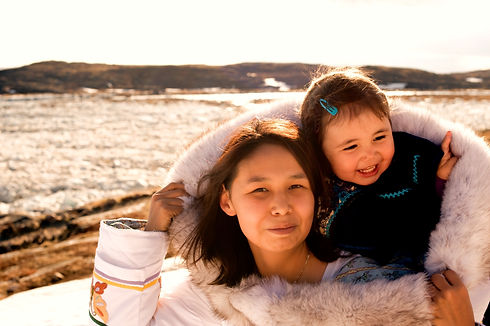EXAMPLES OF ONGOING PROJECT
Take a Look
Member universities have received funding via the Finnish Ministry for Education and Culture to launch projects/activities with US-partners. Projects are either conducted jointly with other Finnish member or by individual institutions.

6G FLAGSHIP AND SPECTRUMX COLLABORATION
Contact:
The SpectrumX (www.spectrumx.org) is a joint effort by interdisciplinary group of scientists and organizations to study innovative electromagnetic spectrum policies and technologies to enable future wireless communication solutions to best utilize the spectral resources and coexist with other systems.
Our aim is to do spectrum research in collaboration with US partners on spectrum policies and management, spectrum access and technologies, use cases and their analysis, as well as on new waveforms.
The second objective is to strengthen collaboration between 6G Flagship and fellow 6G researchers in USA.
Initiators: Centre for Wireless Communications and 6G Flagship from University of Oulu (www.6gflagship.com).
VIRUS TRANSMISSION AND RESILIENCE ON SOLID SURFACES
Contact:
Antti Haapala, Professor, Wood Material Sciences
We study how efficient the materials of built environment are in deactivating viruses or allowing them to persist as potential carriers of transmittable diseases (like SARS-CoV-2 for instance). We are especially interested in phenomena that limits the survival rate of enveloped viruses.
We are open to partners interested in solid material surface property characterization, both chemical and physical. We study both crude materials such as stone, wood, packaging materials and fabrics, but also treated surfaces and coating materials.


SERVICE DESIGN COLLABORATION IN SILICON VALLEY & ARCTIC
The main aim of this interdisciplinary research project is to address locally and globally significant societal, geographical and technological challenges through service design, arts-based research and participatory approaches. Its particular emphasis is in value co-creation with many different kinds of communities, organisations, institutions or companies with specific needs. It aims at creating dialogue and addressing challenges related to access to services and questions of inclusion and equality, which may also include some sensitive and conflicted issues. The group develops new tools, methods, models and practical solutions for delivering and co-creating services with remote or otherwise marginal communities, and producing new solutions for human-centred healthcare and more competitive tourism or logistics services. The aims are also in the optimisation of the current services through technological AI-oriented service design.
VENTURE CAPITAL FOR IMPACT
Markus Wartiovaara, Director, Hanken Business Lab
Explore the global evolution of the Venture Capital Ecosystem. See more at:
https://www.hanken.fi/en/cooperation-and-networks/hanken-business-lab/vci-initiative


ARCTIC CONFERENCE ON EDUCATIONAL SCIENCES (ACCESS)
The project ACCESS is to host an international conference to strengthen the wide network of educational researchers in the circumpolar north.
The project aims to address the need for a space in which scholars across the north who are studying educational issues in Arctic can meet, share their research, and determine how best to advance the field.
SUSTAINABLE AND GREEN DESIGNER NANOMATERIALS (SUGAR)
Contact:
Realization of in situ spectroscopy set up for obtaining surface chemical information from carbon and nanocellulose based nanomaterials under liquid environments. This data would be for of its kind to give use information about surfaces of these nanomaterials under application like environments instead of under commonly utilized high vacuum ambient.
We are looking for surface chemical information about the carbon and nanocellulose based nanomaterials when they are in contact with liquid and later on under electric bias. This information would provide us realistic picture about how these materials behave chemically when they are under similar conditions that they will meet in applications. Nowadays, all surface chemical information for these type of materials is determined under high vacuum conditions which do not reflect at all the actual use conditions of the materials in various applications. As we also have a self developed computational machinery to translate this spectroscopy data into atomic level models of the surface we can utilize this new information to realize realistic model surfaces for further computational studies of catalysis, electrocatalysis or adsorption, for instance.

